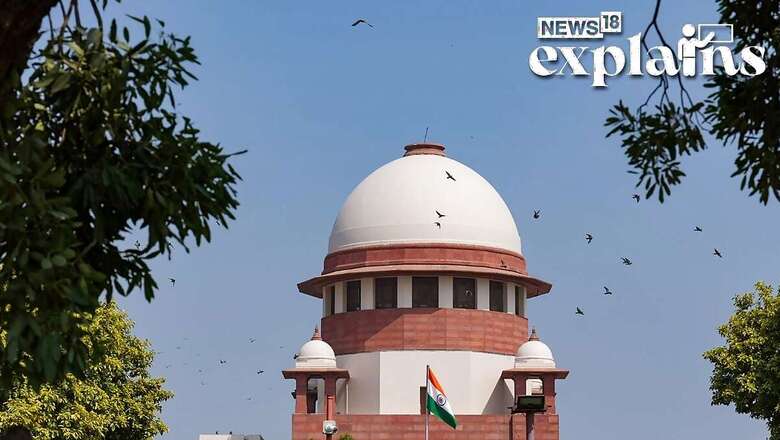
views
August 5 marks fourth year since the ‘abrogation’ of Article 370 of the Constitution of India, that gave special a status to the erstwhile state of Jammu and Kashmir.
In August 2019, the central government passed a resolution in the Parliament for revoking Article 370 that had far-reaching political and constitutional ramifications.
Four years later, the Supreme Court is hearing a clutch of petitions challenging the Centre’s 2019 decision to abrogate Article 370.
The abrogation was effectuated through four legal documents namely: (1) Constitution Order 272, issued by the President of India, dated August 5, 2019 (2) Resolution passed by the Rajya Sabha, dated August 5, 2019 (3) Resolution passed by the Lok Sabha, dated August 6, 2019 (4) Constitution Order 273, issued by the President of India, dated August 6, 2019.
The government claimed that following the abrogation of Article 370 “the Union territories of Jammu-Kashmir and Ladakh have been fully integrated into the mainstream of the nation. As a result, all the rights enshrined in the Constitution of India and benefits of all the Central Laws that were being enjoyed by other citizens of the country are now available to the people of Jammu-Kashmir and Ladakh".
However, in the backdrop of the “transformation" of the Union territories of Jammu-Kashmir and Ladakh, a legal battle challenging the government’s decision was waiting to start.
Following the revocation of the special status, more than 20 petitions were filed challenging the constitutional validity of the Centre’s decision to abrogate Article 370.
Now, after four years, since the first petition was filed, the Supreme Court has started hearing the petitions and some important legal questions are being raised in context to the government’s decision to abrogate Article 370 and challenge made to it.
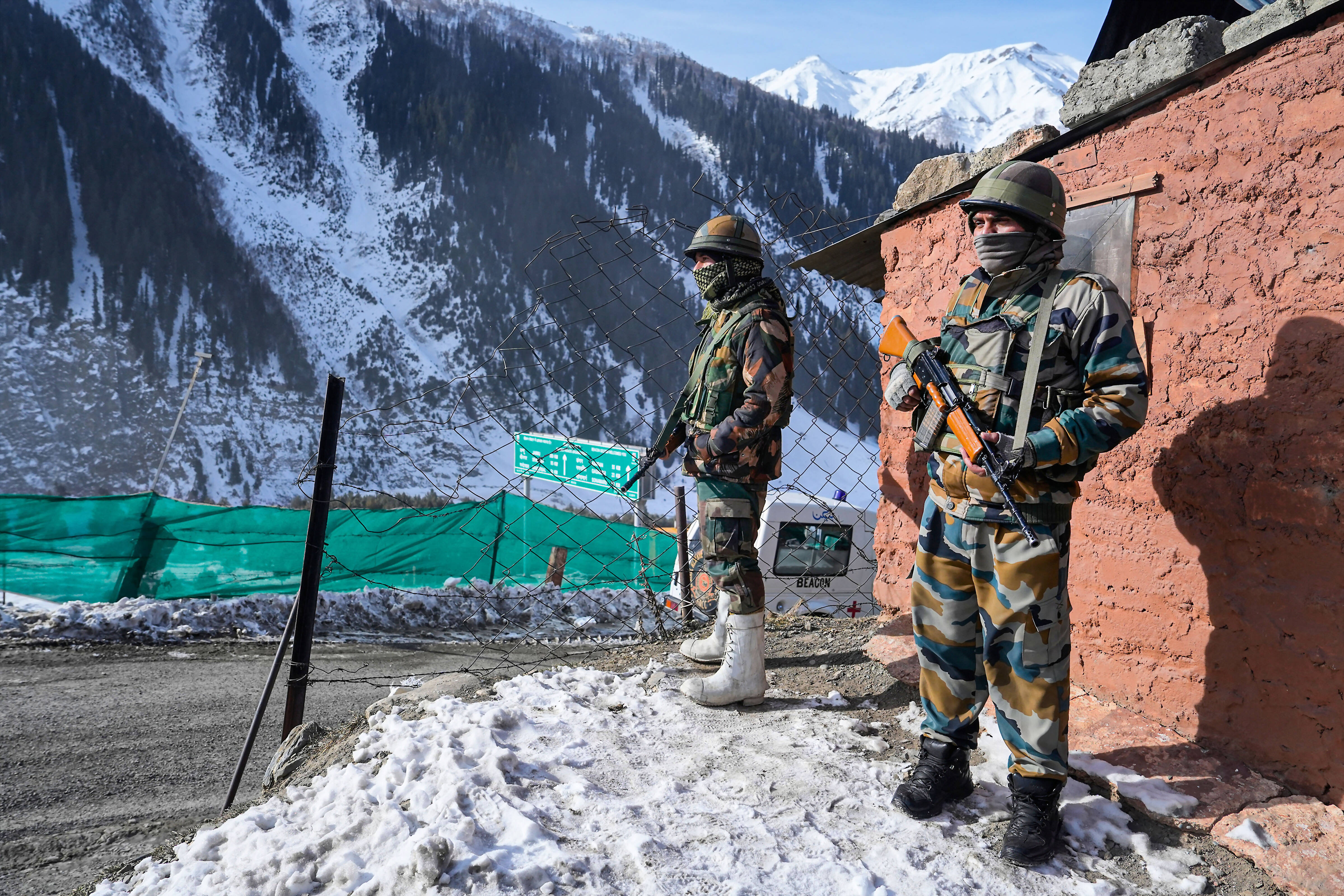
In this regard, the SC constitutional bench led by Chief Justice DY Chandrachud, while hearing the case, questioned whether Article 370 was a provision that lay beyond the amending powers of the Constitution. Echoing similar concerns, Justice BR Gavai asked if Article 370 can be perceived to be unamendable especially since the Constitution is a living document, according to The Hindu.
One of the arguments that have been put forward in defense of the abrogation is that the Article 370 was a “temporary" provision. The title of Article 370 is “Temporary provisions with respect to the State of Jammu and Kashmir" and Clause 3 of the Article states that “Notwithstanding anything in the foregoing provisions of this article, the President may, by public notification, declare that this article shall cease to be operative or shall be operative only with such exceptions and modifications and from such date as he may specify: Provided that the recommendation of the Constituent Assembly of the State referred to in clause ( 2 ) shall be necessary before the President issues such a notification".
The fact that it is considered a “temporary" provision buttresses the claim of the government that abrogation of the Article was well within its constitutional rights.
However, the petitioners have interpreted the word “temporary" differently. According to petitioners as suggested by Clause 3 of Article 370, no change or modification in Article 370 can be made without the recommendation of the Constituent Assembly of Jammu and Kashmir.
The fact is that after the adoption of the Constitution of Jammu and Kashmir on November 17, 1956, which came into effect on January 26, 1957, the Constituent Assembly of Jammu and Kashmir ceased to exist.
Does this mean that with the dissolution of the Constituent Assembly in 1957 destiny of Jammu and Kashmir was sealed forever?
Kapil Sibbal, arguing for the petitioners, argued that Indian Constitution was adopted in 1950, and Jammu and Kashmir Constituent Assembly came into existence in 1951 and got dissolved in 1957 and “seven-year period during which the Constituent Assembly was given the power to recommend changes to Article 370 is why the provision is called “temporary"".
This was one of the questions that even the apex court pondered over. Justice SK Kaul reportedly asked, “The Constitution is a live document and it is not static. Can you say that there is no mechanism to change it (Article 370) even when everyone wants to change it? Then you are saying that this can’t be changed even if all of Kashmir wants it".
The apex court also raised another pertinent question that by shielding Article 370 from any legislative interference, even constitutional amendment are we creating a separate and new category apart from the basic structure. It is pertinent to note here that through the famous Kesavananda Bharati Case and the doctrine of basic structure, the apex court had made certain features of the constitution like fundamental rights, federalism, secularism, etc immune to the constitutional amendment power of the government.
This simply means that at no cost, any brute majority of Parliament can take away or deform these features.
Now, if Article 370 is also made immune to the constitutional amendment, either it can be done by marking it too as a “basic structure" or creating a new category.
It will be interesting to watch how the court interprets the four documents and Article 370 itself.













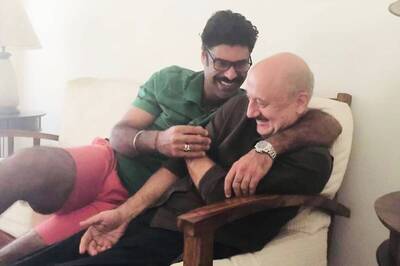

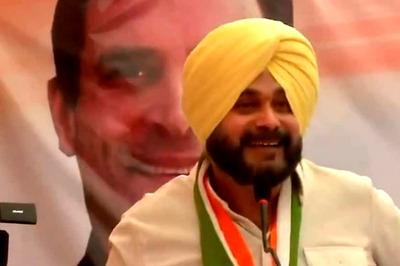
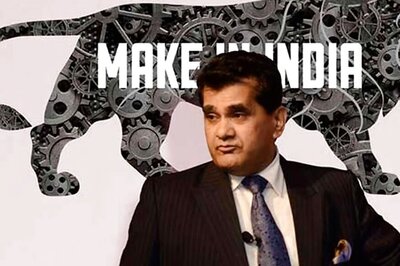



Comments
0 comment